Ch. 16 AP Euro (Absolutism and Constitutionalism in Western Europe)
1/78
There's no tags or description
Looks like no tags are added yet.
Name | Mastery | Learn | Test | Matching | Spaced |
|---|
No study sessions yet.
79 Terms
Cardinal Richelieu
Appointed by Maria de' Medici, he set the cornerstone for French absolutism during the reign of Louis XIII. He reshuffled the royal council, leveled castles, and crushed aristocratic conspiracies. Extended the use of intendants(recruited from new nobility) in France's 32 districts. Supported the Hapsburg Empire's enemies. Founded France's "French Academy' and wrote the "Political Testament which elaborated on the impact of finances on the state. His "raison d'etat" was used to justify his policies. Considered the first Prime Minister in history.
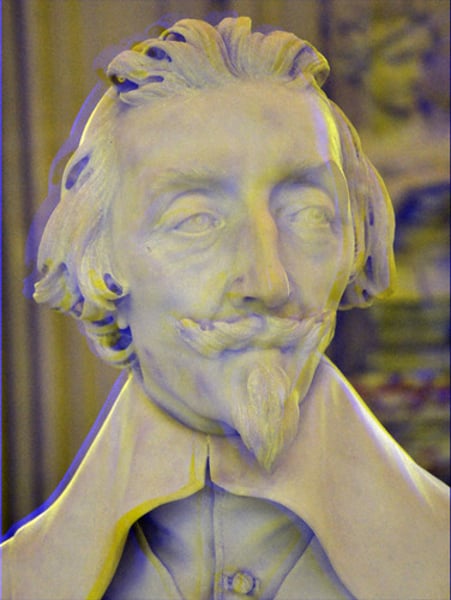
Absolutism
A situation where a monarch claims to rule by "divine right". Involved the subjugation of the nobility and the creation of a bureaucracy which directed economic life by forcing tax increases or other means of raising revenue. Kings also employed armies and in some cases a secret police force. (Not the same as Totalitarian State). Can also be called an "administrative monarchy"
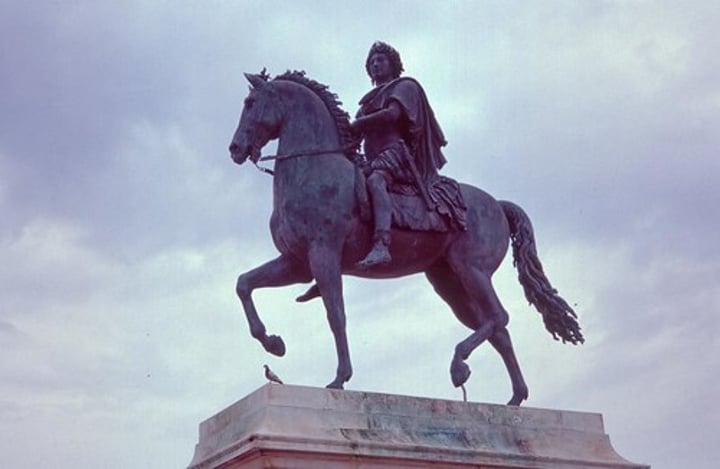
King Louis XIV
Longest reigning monarch in European history. He weakened the power of the nobles by excluding them from his councils, and increased the power of the intendants. He unsuccessful in attempts to conquer the Netherlands. Nicknamed "The Sun King". He installed his royal court at Versailles and required the great nobility to spend a portion of the year there.
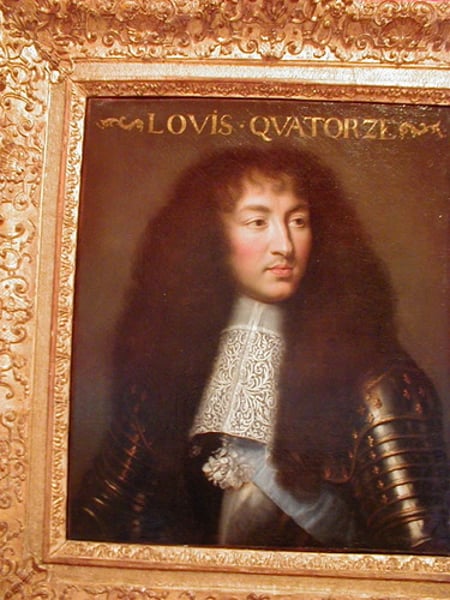
Don Quixote
The main character in Miguel de Cervantes' book about the changing times in the early 1600's. He was a man who did not like how the Middle Ages were ending and people were becoming more materialistic, so he set of to become a knight and bring back chivalry to Spain. Reflected the deep decline of Spanish power.
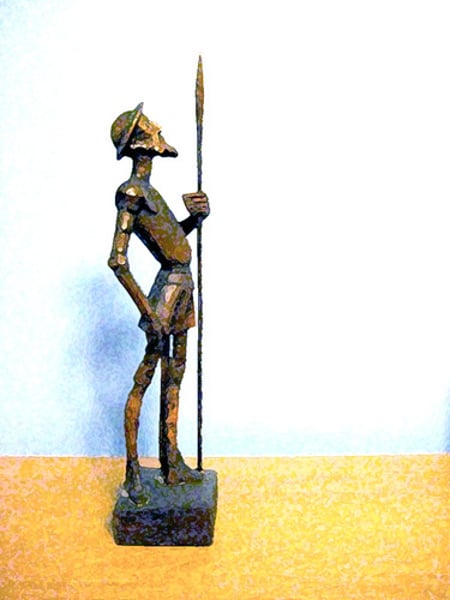
Henry IV
French King who legitimately cared about the people(a sentiment which had been absent since Louis IX). Only King whose statue was not torn down in 1789 french revolution. The Protestant Duke of Sully was his chief minister. He embarked on a successful war with Savoy in 1601, but the rest of his reign was marked by peace. Dramatically lowered tax rates on the poor and introduced the paulette. Murdered in 1610 by crazed fanatic.
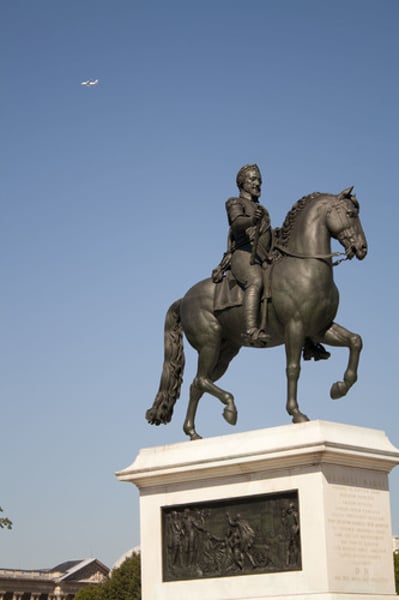
Sovereignty
In the 17th century for the first time, monarchial power actually came close to ____________, meaning that they possessed control over the instruments of justice and the use of force within clearly defined boundaries.
Duke of Marlborough
John Churchill (Winston Churchill's ancestor by 7 generations) who was the English Commander and Chief of the Army during the War of Spanish Succession. He would construct a castle for his family, which he would name Blenheim after the battle.
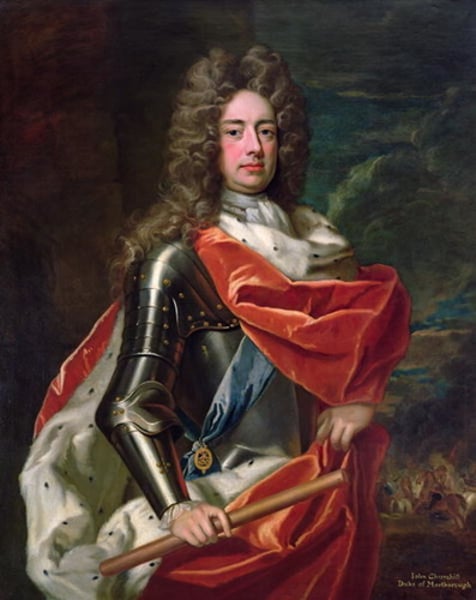
Bureaucracies
Were composed of career officials appointed by the King. In France it was formed from the middle class, In Spain and eastern Europe the nobility, and in Austria, Prussia, and Russia it was composed of the interlocking elites. Gradually learned to separate public from private interests.
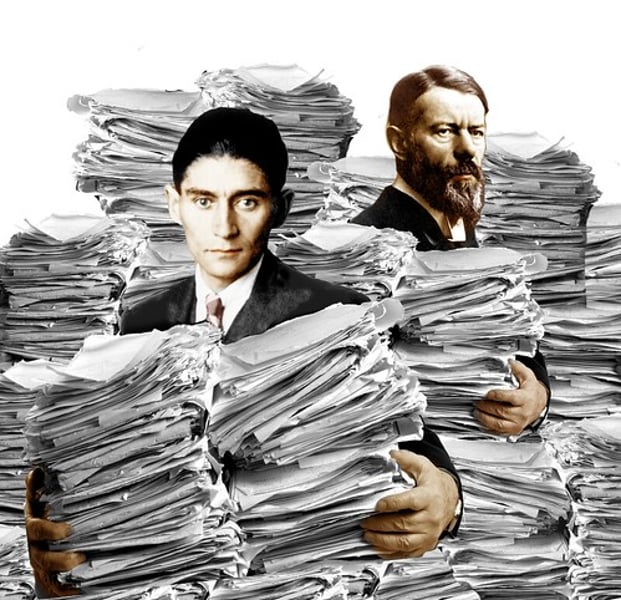
Totalitarianism
Twentieth century phenomenon that seeks to direct all facets of a state's culture in the interest of the state.
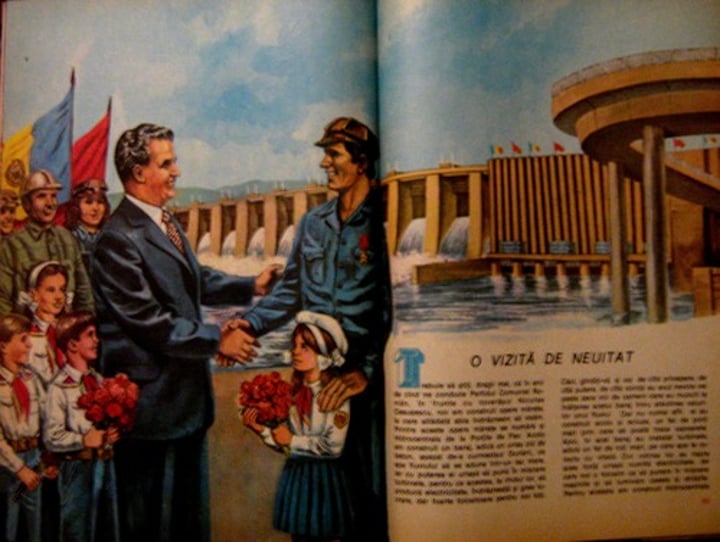
La Rochelle
This port city was put under siege by King Louis XIII because of its ties to the northern Protestant states of Holland and England.
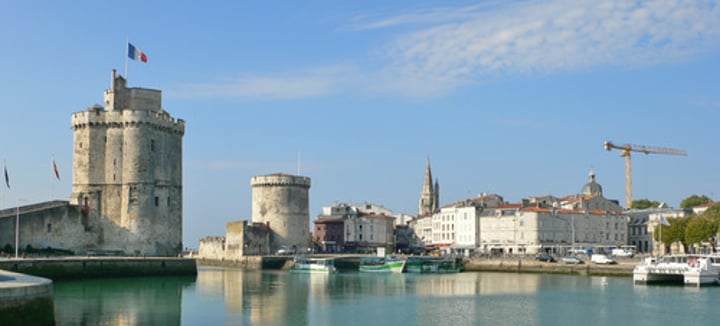
Duke of Sully
Henry IV's devout protestant chief minister, combined indirect taxes on salt, sales, transit and leased their collection to financiers. Revenues increased b/c of revival of trade and he paid for the Company for Trade with the Indies. Credited with restoring public order in France.
Paulette
Annual fee paid by royal officials to guarantee heredity in their offices. Introduced by Henry IV to offset revenue lost by lowering taxes on peasants.
Maria de'medici
Queen- regent for Louis XIII following the death of French King Henry IV in 1610. Secured the appointment of Cardinal Richelieu to the council of ministers.
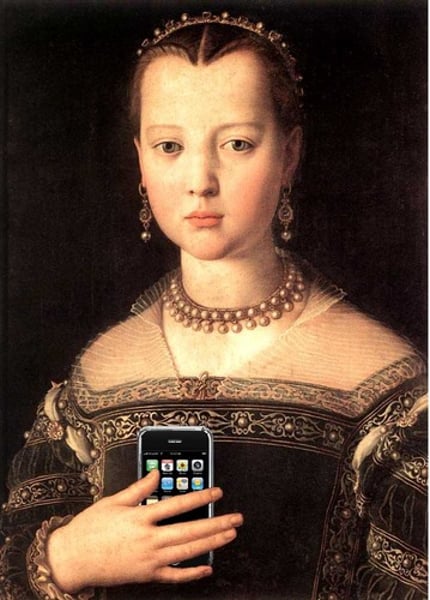
Miguel de Cervantes
Spanish writer best remembered for 'Don Quixote' which satirizes chivalry and influenced the development of the novel form.
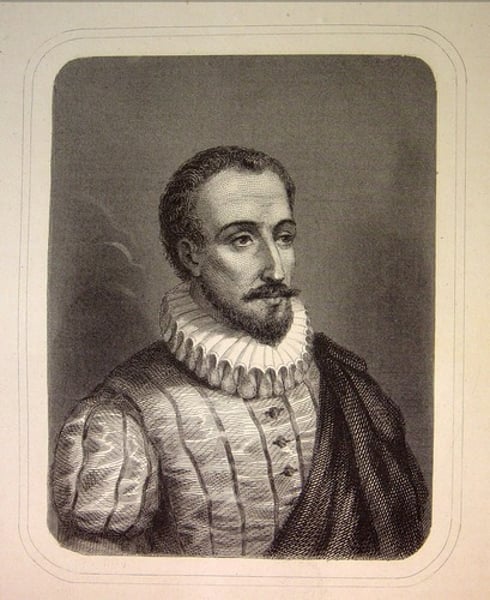
Wool textiles
One of the most important manufactures, it declined sharply in the first half of the 17th century. This compounded the agricultural crisis caused by a shorter farming season( which caused grain and cereal yields to decrease leading to food shortages and starvation).
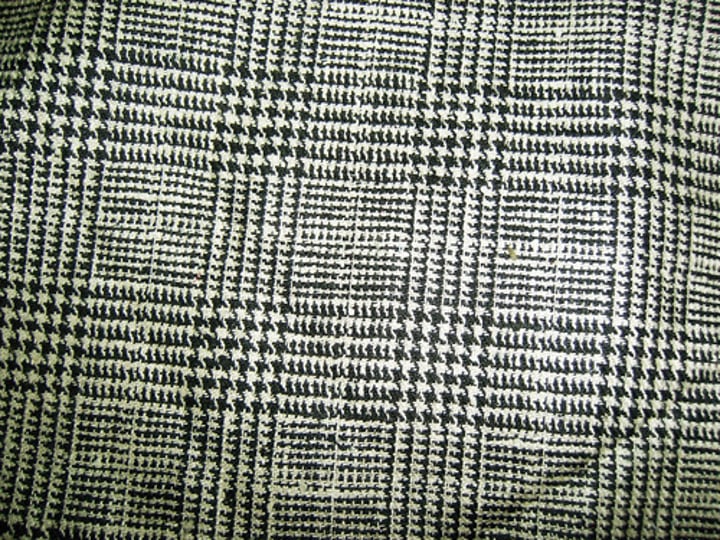
Intendants
French royal officials who supervised the 32 provincial governments(generalities or districts) in the name of the king. Could NOT be natives of the districts that they managed. Supervised tax collection, recruited men for army, checked power of local nobility, and regulated economic trade.
Law of Concord
Same as the Edict of Nantes under a different name. Was made for (TEMPORARY) religious and civil concord between the different religious groups in France. Ended in 1627 by King Louis XIII.
raison d'état
"Reason of State". This doctrine was advocated by Richelieu of France, and said that the central government was a higher priority than any important group in the country. Following this idea, he made an effort to control the nobility and local officials, while he took away the "special priviledges" previously enjoyed by Huguenots as a result of the Edict of Nantes. Also, this basically stated that God was okay with the government doing ANYTHING as long as it would benefit the state in the long run.
Cardinal Mazarin
Nicknamed the "Red Eminence". This Italian man became Regent for the boy-King Louis XIV and successor to Cardinal Richelieu as Chief Minister. His attempts to raise revenue lead to the civil wars of 1648-53(The Fronde).
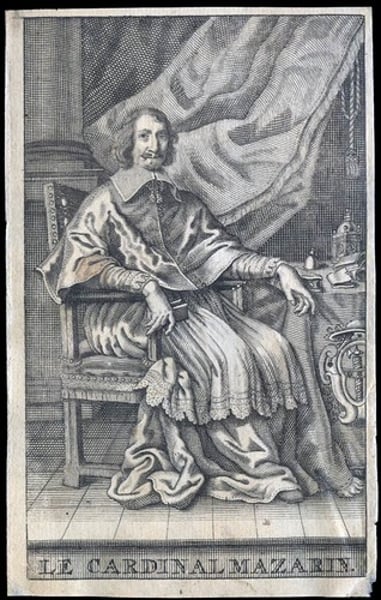
Fronde
This French Civil War had its origin in Cardinal Mazarin's attempt to raise revenues and the French victory at the Battle of Rocroi in 1643 against the Spanish. Because of that victory most people felt that the tax rates demanded were unjustified. Lasting from 1648-53, it resulted in a compromise between bureaucrats and local elites(permanently exempt from taxation). It also resulted in a severe disruption in the economy, and cemented Louis XIV resolve towards absolutist monarchy.
Versailles
Louis XIII began building this as a hunting lodge to get away from a Queen he did not like. This palace's main architects were Louis XIV's(Le Notre and Le Vau). Notable for its Hall of Mirrors and its Baroque influence on other European monarchs.
Duke Saint-Simon
One of Louis XIV's severest critics. Criticized his subjugation of his fellow subjects, particularly the nobility, and his extensive use of spies and informers.
Estates General
Louis XIV NEVER called on this French political body which was composed of the 3 estates during his 72 year reign.
Jean-Baptiste Colbert
An economic advisor to Louis XIV, advocated mercantilism as his chief economic policy. Subsidized old industries(Cloth, rug, tapestry) and granted royal privilege to steel and firearm firms. Compelled craftsman to organize into guilds. Most importantly he created a powerful merchant marine to transport French goods.
League of Augsburg
This was a military alliance that was created in 1689 by all of the major European nations except for France. The purpose of the alliance was to prevent France from dominating Europe. Occurred under the Regency of Anne of Austria and Cardinal Mazarin (For Louis XIV)
Mercantilism
An economic policy under which nations sought to increase their wealth and power by obtaining large amounts of gold and silver and by selling more goods than they bought. Predominant in 17th and 18th centuries.
French classicism
The art and literature of the age of Louis XIV; its subject matter was predominantly classical antiquity and the glorification of Louis XIV.
Jean-Baptiste Lully
French composer (born in Italy) who was the court composer to Louis XIV and founded the national French opera.
Moliere
17th century French playwright and actor who performed for Louis XIV. Wrote mostly comedies, including Tartuffe. Many of his works were somewhat satirical and provoked disapproval of some groups, particularly the Roman Catholic Church.
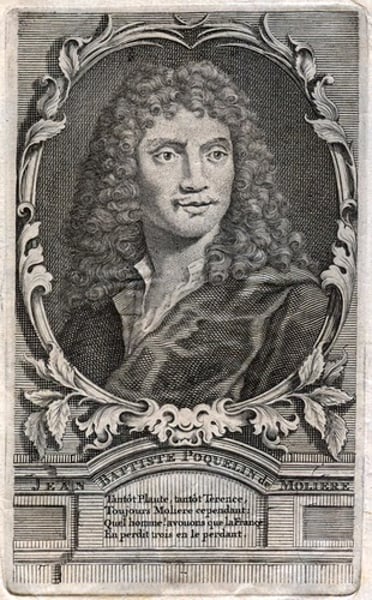
Jean Racine
French plawright who wrote tragedies set in Greece or Rome that celebrated the new aristocratic virtues that Louis XIV aimed to inculcate: a reverance for order and self-control, characters regal or noble, lofty language, aristocratic behavior. Most famous works are "Andromaque", "Berenice", "Iphigene", and "Phedre".
Treaty of the Pyrenees
The treaty that ended fighting between France and Spain that continued after the Thirty Years' War; the treaty marked the end of Spain's status as a major European power.
Marquis de Louvois
He was the minister of the military for Louis XIV following the Treaty of the Pyrenees. He created a very organized and powerful army. He introduced more ranks in the armies,got rid of the idea of that you had to be part of a certain family to fight, and heavily recruited mercenaries.
Jean Martinet
French general and drillmaster under Louis XIV who introduced the bayonet. Was very strict and his name is actually a byword for absolute adherence to the rules.
Treaty of Nijmegen
Ended the war Louis XIV started between the Dutch Netherlands and France in 1678; through this, France gained several towns and a region called Franche-Comté. Encouraged Louis XIV to continue his aggressive militaristic foreign policy. (However this was to be the height of his territorial gain).
Le Peletier
Jean-Baptiste Colbert successor as finance minister of France under Louis XIV. Came up with creative ways to make money, which included devaluating the currency, selling offices and titles, and recalling all silver objects in order to fund Louis XIV's war.
War of the Spanish Succession
Originated in the Hapsburg lines weakness(from severe inbreeding). So the monarchs of al the other countries agreed to partition Spanish possessions. Spanish King Charles II left Spain to Philip of Anjou in his will(who was Louis XIV's grandson). The other countries formed an alliance to prevent the Bourbons from controlling Spain and France. Notable figures include John Churchill(The Duke of Marlborough) and Eugene(Prince of Savoy). Prominent battles included (Blenheim , and Ramillies). Ended by Peace of Utrecht
Battle of Blenheim
The First Duke of Marlborough and Prince Eugene of Savoy defeated the French in 1704 at this battle in Bavaria during the War of the Spanish Succession.
Peace of Utrecht
This was the 1713 treaty that ended the War of the Spanish Succession. Ended Louis XIV's attempts to gain military power and land. Marked the end of French expansionist policy. It also illustrated the balance of power principle in operation.
Eugene of Savoy
Leader of the Austrian Army that beat the Ottomans at Vienna, considered the greatest general in Austrian history
Servicois
The national taxes for Spain, the burden of which fell most heavily on the poor.
Debt cancellation
This was used in 1596, 1607, 1627, 1647, and 1680(don't sorrow about the years, just the frequency to which it happened) by the Spanish Crown and led to a decline in public confidence in the state.
Prado
The Spanish national museum. The portraits of the Kings and queens tell a story of excessive inbreeding( the namesake "Hapsburg Chin"[seriously look this one up on google], beady eyes, and elongated noses are very prominent).
![<p>The Spanish national museum. The portraits of the Kings and queens tell a story of excessive inbreeding( the namesake "Hapsburg Chin"[seriously look this one up on google], beady eyes, and elongated noses are very prominent).</p>](https://knowt-user-attachments.s3.amazonaws.com/9a5595df-9616-4c20-8b27-ce2aae074b4e.jpg)
Olivares
Chief Minister of King Philip IV of Spain whose aim was to unite the realm so that all the territories shared equally the burden of maintaining Spanish power. His Plan was called the Union of Arms. Provoked revolts against Castile in 1640s by Catalonia, Portugal, Naples, and Sicily by pushing to hard for the Union of Arms. Was eventually dismissed by Philip.
Constitutionalism
The theory developed in early modern England and spread elsewhere that royal power should be subject to legal and legislative checks. Differs from democracy in that it does not have to grant all people the power to vote.
The Trew Law of Free Monarchy
Written by King James I of England it was an attempt to justify his divine right to rule.
King Charles I
King James I's successor, he caused a civil war in England that would ultimately claim his own life; it was caused by his dismissal of the English Parliament in 1629. From 1629 onward he attempted to use arbitrary government orders to finance the country.
Puritans
Felt that the Reformation in England had not gone far enough.
Long Parliament
Called this because it meet from 1640-1660 after English King Charles I summoned them for the first time in 11 years.
Triennial Act
Passed during the Long Parliaments tenure, this 1641 act compelled the King to summon Parliament at least once every 3 years.
Leviathan
Written by English philosopher Thomas Hobbes, maintained that sovereignty is ultimately derived from the people, who transfer it to the monarchy by implicit contract.
Commonwealth
Another name for a republican government. Proclaimed in England after King Charles I was beheaded in 1641.
Oliver Cromwell
English military, political, and religious figure who led the Parliamentarian victory by forming his "New Model Army" in the English Civil War (1642-1649) and called for the execution of Charles I. As lord protector of England he ruled as a virtual dictator. Divided England into 12 military districts, crushed an irish rebellion in Drogheda, censored the press, pursued mercantilist policies(like the Navigation Act), and welcomed Jews back into England after a 400 year absence.
Instrument of Government
Drafted by Major-general John Lambert in 1653. It became the official constitution that was supposed to used by the Commonwealth during Oliver Cromwell's time as Lord Protector. Invested power both in Cromwell and the Council of State. However Cromwell ripped it into shreds.
Navigation Act
British law pushed by Oliver Cromwell designed to protect British shipping from competition. Said that British colonies could only import goods if they were shipped on British-owned vessels and at least 3/4 of the crew of the ship were British. Example of Cromwell's use of mercantilist policies.
King Charles II
This son of Charles I was the "Restoration Monarch" following Cromwell's protectorate. Restored Parliament, the courts, local government, and the Anglican Church. Appointed the "Cabal" to act as mediators between himself and Parliament. Entered a secret agreement with Louis XIV to re-Catholicize England in exchange for 200,000 pounds annualy.
Cabal
A group of 5 advisors of English King Charles II who mediated between him and Parliament.
King James II
Succeeded Charles II as King of England. Appointed Roman Catholics to positions of power. Issued the "Declaration of Indulgences" which granted religious freedom to all. When his 2nd wife had a son he was forced out of England and into France so that Protestant William and Mary could assume the throne.
Test Act
Parliament passed this in response to Charles II's declaration of indulgences; required all military members to swear an oath against transubstantiation. In other words it forbid Catholics from becoming line of succession.
The Glorious Revolution
Period when King James II leaves England and William and Mary are invited to rule in England. Bloodless revolution that also saw the formulation of the English Bill of Rights
Second Treatise of Civil Government
This work, written by philosopher John Locke maintained that when a government oversteps its proper function protecting the natural rights of life, liberty, and property it becomes a tyranny.
Cabinet system
This developed in England during the 18th century., Leading ministers, instead of only one leader, formulate common policy and conduct business of the country. In England, both legislative power and executive power are held by the leading ministers, who form the Government.
Robert Walpole
The first "semi-official" prime minister whose foreign policy was to ignore continental conflicts and he forgave the debt of the South Sea Company which made the people confident in the government.
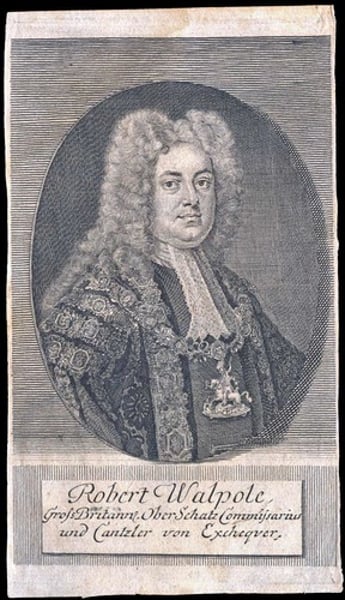
South Sea Bubble
When titular company sold shares but then went bankrupt, Prime Minister Walpole made Parliament give the investors their money back, created trust for the English economy; first big speculative bubble.
States General
Term used by the national assembly of the United Provinces of the Netherlands where the wealthy merchant class held real power; because many issues had to be refereed back to the provinces, the United Provinces was a confederation, or weak union of a strong states. Appointed a stadholder for each province.
Stadholder
This was the name given to the person appointed by the States General to carry out ceremonial functions in a province in the Netherlands. (Sometimes had control over all provinces - main example was the House of Orange)
House of Orange
Leaders of most of the 7 provinces of the Dutch Republic, favored development of a centralized government with themselves as hereditary monarchs
Holland
The most powerful "state" within the Netherlands. It dominated the military and the States-General. Set capital at the Hague.
Benedict Spinoza
A Jewish-Dutch philosopher , he was another of the great rationalists, and wrote "Ethics" as his magnum opus. He normally crafted lenses, but had great mathematical ability and helped lay the foundation for the later Enlightenment. However, most of his work was not appreciated until after his death. Illustrated the unprecedented level of tolerance that was evident in the Netherlands.
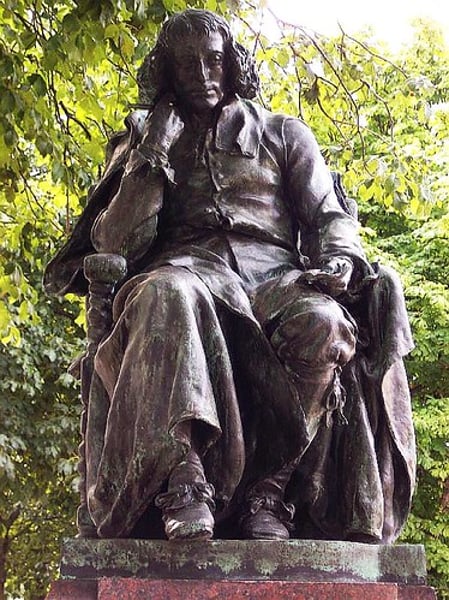
Dutch East India Company
A company founded by the Dutch in the early 17th century to establish and direct trade throughout Asia. Richer and more powerful than England's company, they drove out the English and Established dominance over the region. It ended up going bankrupt and being bought out by the British.
Francois Rivaillac
Assassinated Henry IV of France because he felt his conversion was insincere. Led to Maria de Medici's brief regency.
Truce of Rastibon
Concluded the War of Reunions between Spain and France. Signed between Louis XIV of France, the Holy Roman Emperor, Leopold I, and the Spanish King, Charles II. Allowed Louis XIV to retain Strasbourg, Luxembourg, and other Reunion gains whilst Kortrijk and Diksmuide, both now in modern-day Belgium, were returned to Spain. It was not, however, a definitive peace, but only a truce for twenty years.
War of Reunions
A short conflict between France and Spain and its allies. Fueled by the long-running desire of Louis XIV to conquer new lands, many of them comprising part of the Spanish Netherlands. The war was, in some sense, a continuation of the territorial and dynastic aims of Louis XIV as manifested in the War of Devolution and the Franco-Dutch War. Ended by Treaty of Rastibon.
Treaty of Aix-la-Chapelle
Also called the Treaty of Aachen. Ended the war of Devolution between France and Spain. Was mediated and guaranteed by the Triple Alliance of England, the Dutch Republic and Sweden. France was forced to abandon its war against the Spanish Netherlands.
Louis XIV also had to return the province of Franche-Comté.
Peace of Nijmegen
This 1678 treaty which took place during the reign of Louis XIV is significant because it placed the northern border of France in its modern position. Also established peace between France and the Dutch.
War of Devolution
This war saw Louis XIV's army overrun Habsburg-controlled Spanish Netherlands and the Franche-Comté, but it was forced to give most of it back by a Triple Alliance of England, Sweden, and the Dutch Republic after this war was ended by the Treaty of Aix-la-Chapelle.
Rye House Plot
Algernon Sidney and the Duke of Monmouth were implicated in this attempt on Charles's life, which aimed to ambush him near a certain estate as he returned from the Newmarket horse races.
Duke of Monmouth
The eldest illegitimate son of Charles II, executed in 1685 after making an unsuccessful attempt to depose his uncle, King James II.
Monmouth Rebellion
This was the 2nd attempt by the Duke of Monmouth (one of Charles II's illegitimate sons) to overthrow James II from the throne. It ended in a disaster, because Monmouth underestimated the popularity of James. He was defeated and executed. This was an early attempt to take James II off the throne, which would have been successful if he had waited a little longer.
Jacobites
Partisans in England who claimed that James III had divine right to monarchy (others called him the Pretender) if he would give up his Catholic religion, he should be accepted as Britain's rightful king.